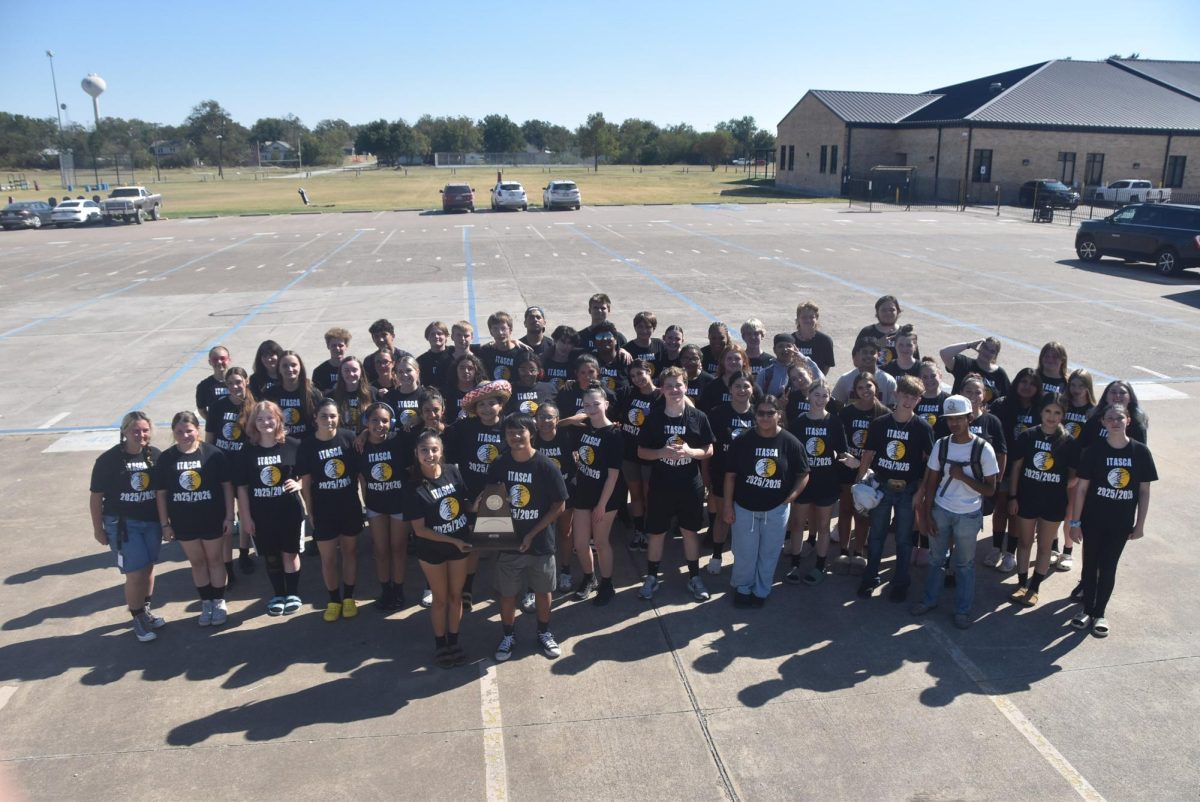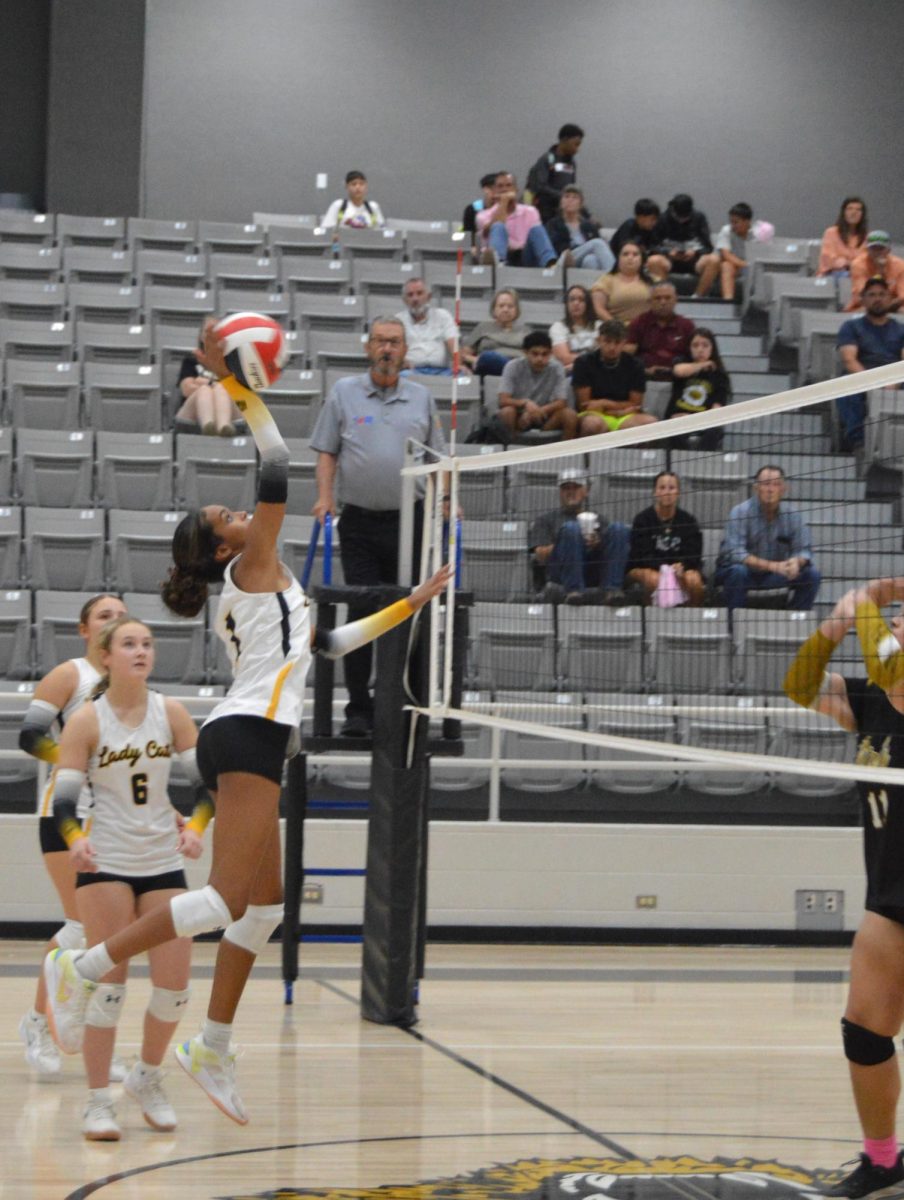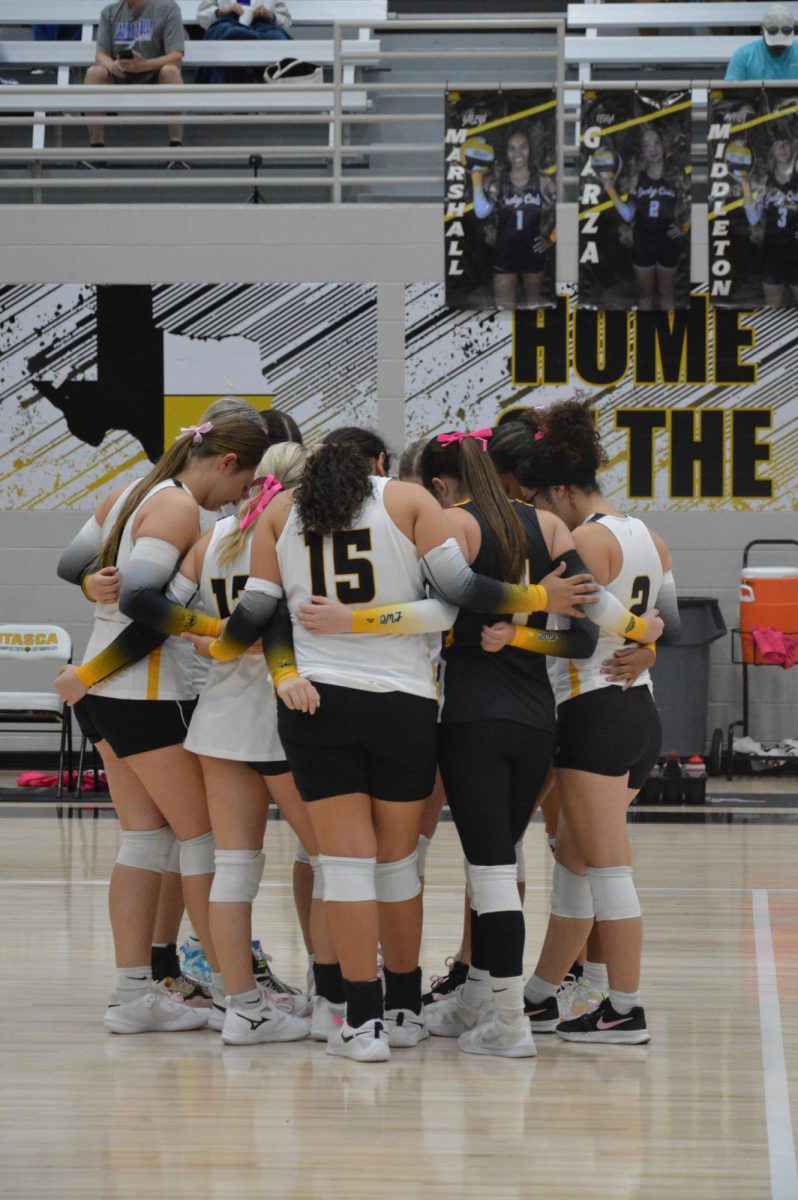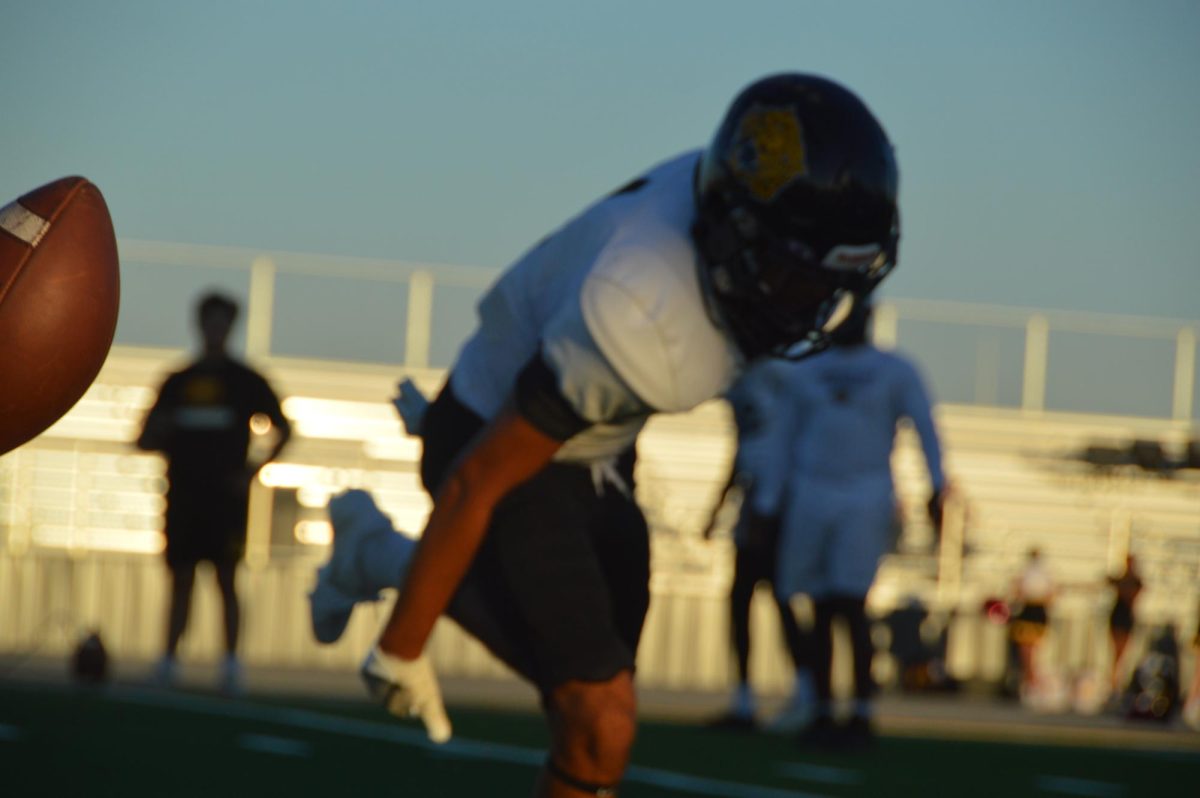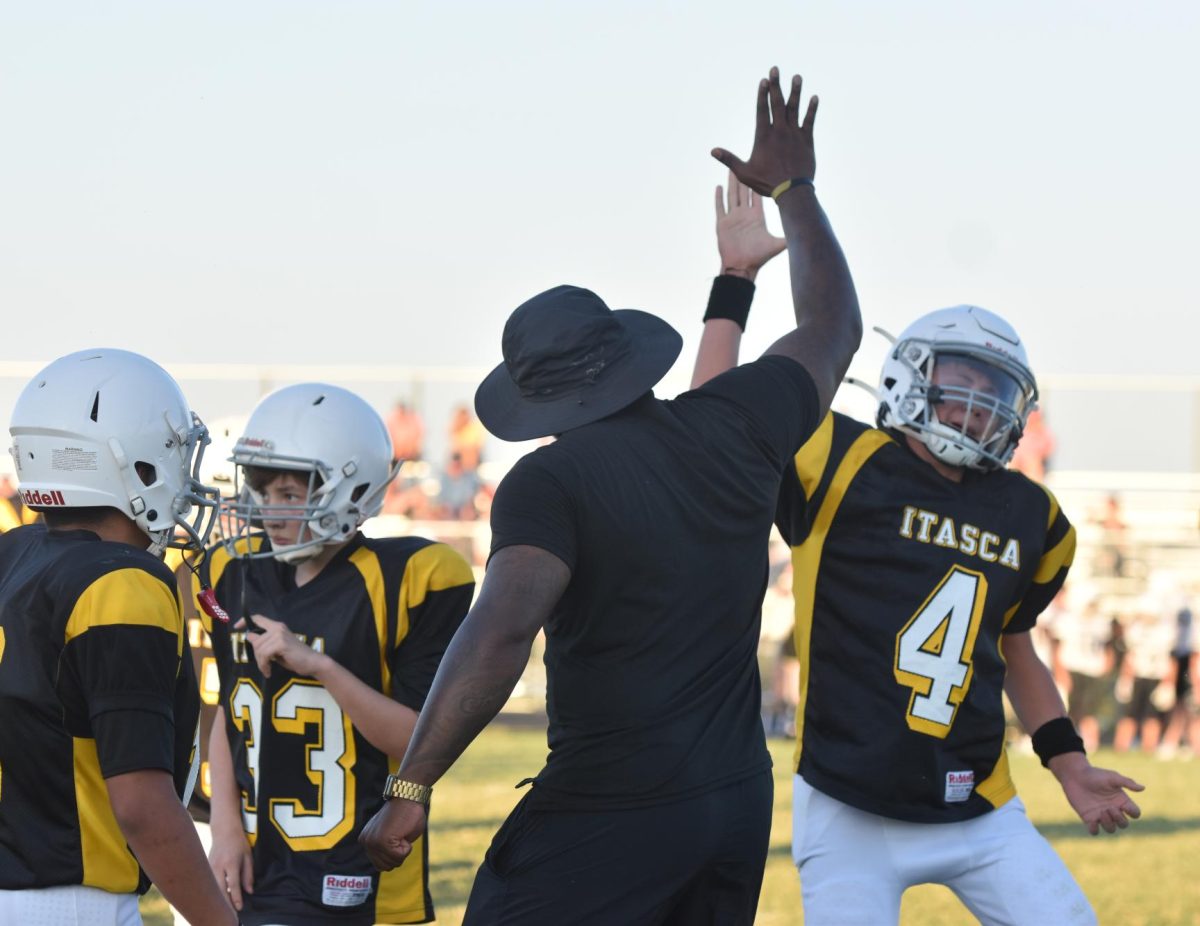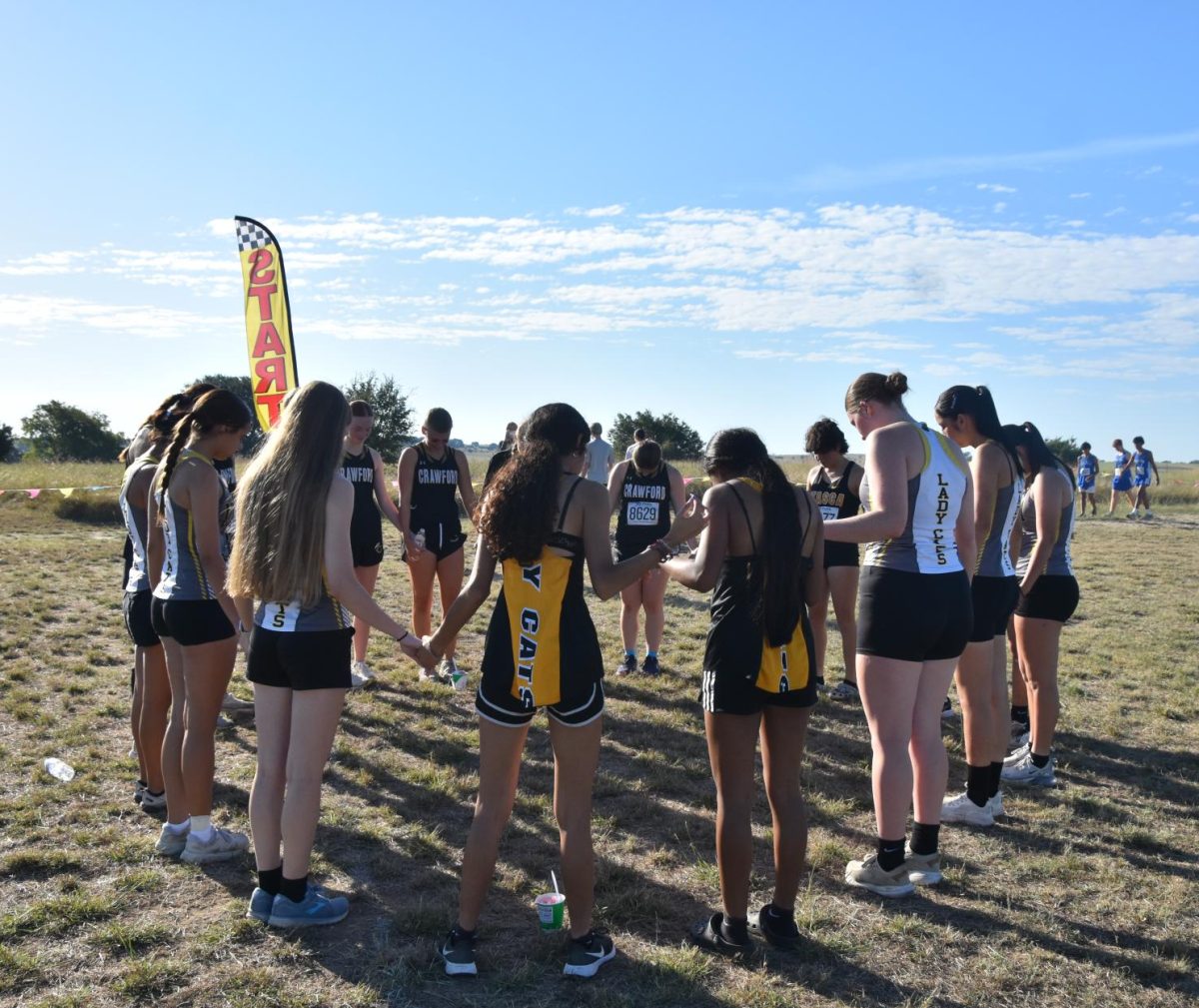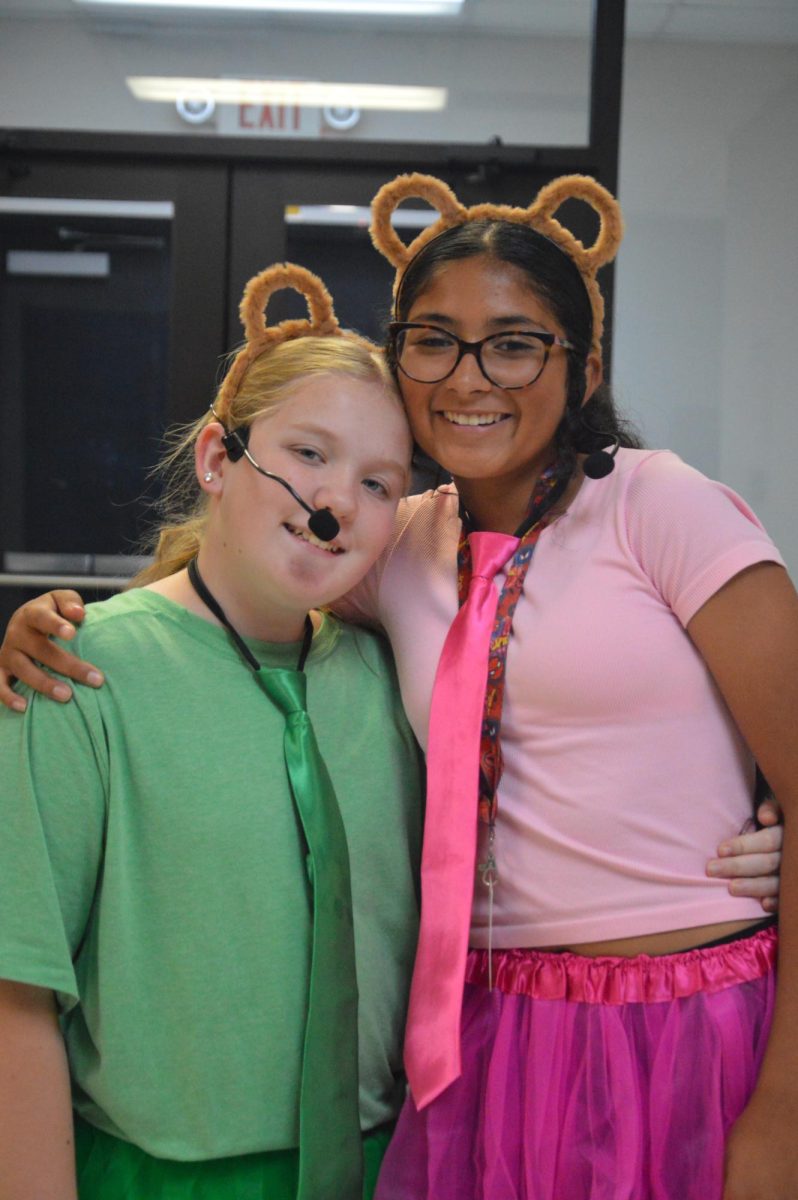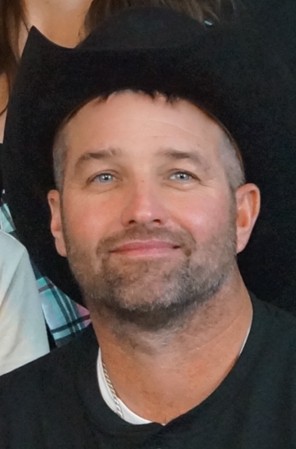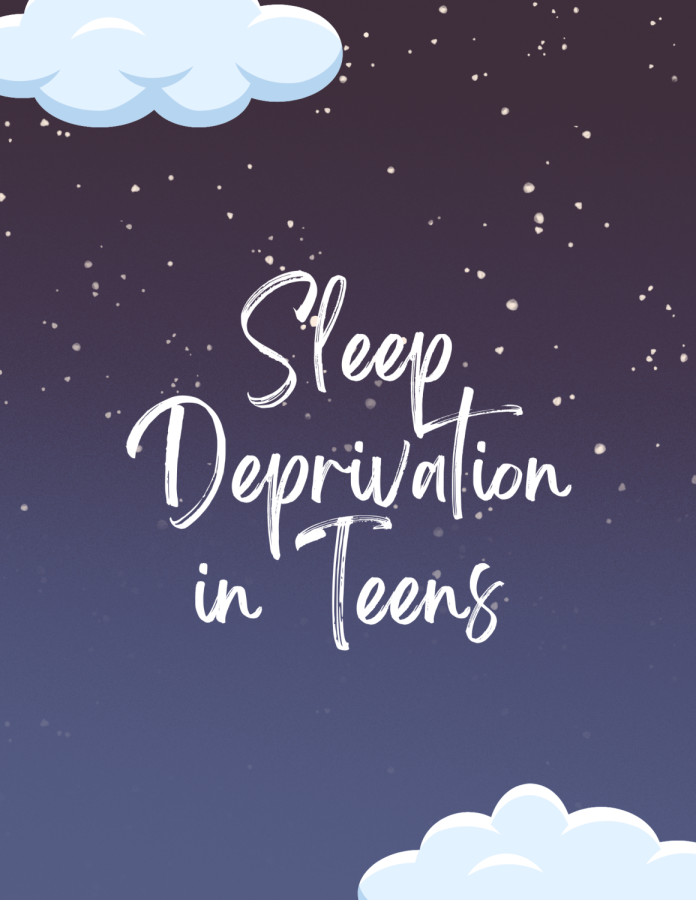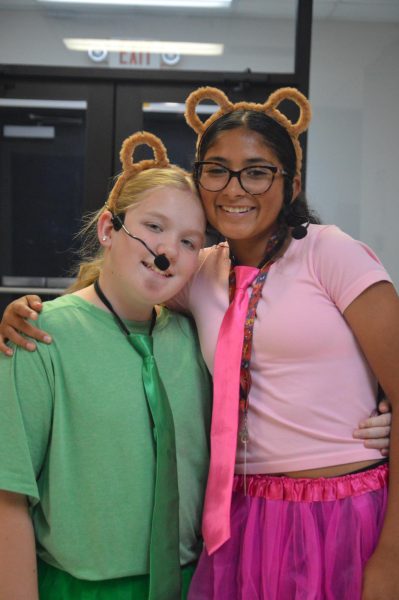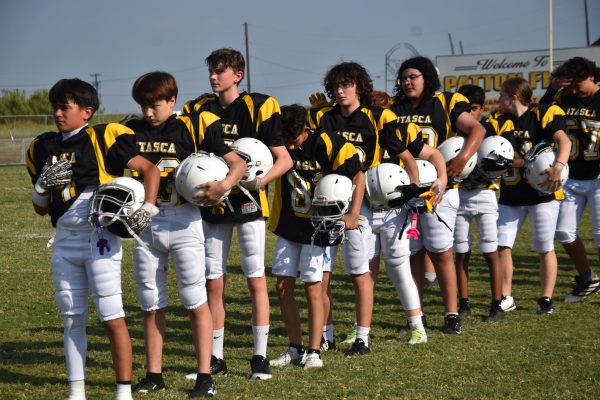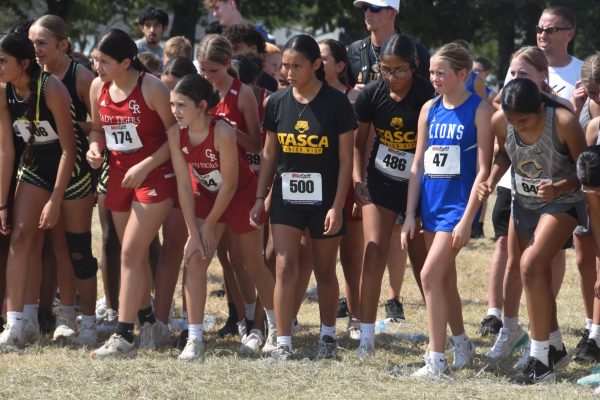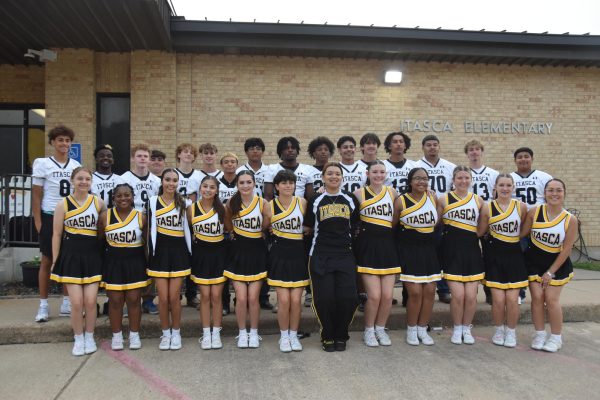Sleep Deprivation in Teens
Have you ever been in class and slowly started to drift off, when you’re awoken by the sudden slam of a book on your desk? Right when you thought you’d finally catch up on some sleep it’s cut short by a teacher too worried about finishing a crossword. What about being so groggy that you physically can’t focus on anything, all you can think about is when the bell rings hoping you can make it through another class. This might be a case of sleep deprivation.
According to Stanford Medicine “ Sleep deprivation increases the likelihood teens will suffer myriad negative consequences, including the inability to concentrate, poor grades, drowsy-driving accidents, anxiety, depression, suicidal thoughts, and some cases even suicide.
The main reasons for students’ sleep deprivation usually fall in line with social and extracurricular activities, technology and social media, living conditions, and academic demands. Some teens just believe other things are more important than their sleep; boy are they wrong. Once they fall into that routine, it is extremely hard to get back on track, and even if these students want to go to sleep earlier and sleep for longer their sleep schedule and mind makeup makes it difficult. They have trouble falling asleep and once they do they’re woken up before their brain has significant time to recover from the day.
Sometimes it’s not even the students’ schedule. There are daily life conditions that can also affect a student from getting significant sleep. For example, people who take supplements or medication can be affected by sleep deprivation, and adolescents with severe anxiety, depression, ADHD, or PTSD, problems report having very disrupted sleeping schedules which results in sleep deprivation.
But what are schools doing to help these students? Throwing books on their desk to wake up, giving them zeros, holding conferences with teachers and parents? There’s a better way to resolve this problem. I believe that high school students should have at least one free period to take a break from learning and regroup themselves, as well as, take a power nap. It’s shown that taking a 40 minute nap throughout the day is more beneficial than waiting until that night to sleep longer. It will give students the opportunity to put out their best effort at school without slacking off. Instead of giving these students a punishment for overworking themselves, let’s help them reach the best version of themselves at school by supporting them if they need a break or nap, and be understanding that these students are tired too.
Your donation will support the student journalists of Itasca High School. Your contribution will allow us to purchase equipment, cover our annual website hosting costs, and provide scholarships to our senior staff members!


